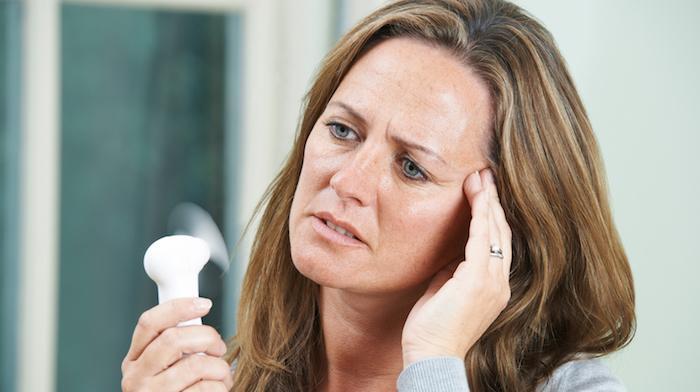Menopause is a standard biological transition that every woman undergoes at some point. It can result in frustrating symptoms like night sweats, vaginal dryness, and mood swings, making your life miserable. At Liondale Medical, the team focuses on helping you transition to the next exciting stage of life with minimal discomfort. Below are myths you shouldn’t believe about menopause.
There is no relief for hot flashes
Hot flashes are one of the symptoms you may experience during menopause, and if left untreated, they can cause significant discomfort, affecting your daily life. However, you should not believe that there is no cure for this unpleasant symptom. The practice offers various treatment options, including hormone replacement therapy which can minimize the frequency and intensity of the flashes. The team may also recommend lifestyle modifications like regular exercise and a healthy diet to minimize the intensity of menopause symptoms, including hot flashes.
Menopause always leads to weight gain
Although many women tend to gain weight during menopause, it is not an inevitable consequence of the transition. As you get older, you may experience difficulty keeping fit. Medical research shows that older adults have decreased physical activity and take unhealthy meals, which can lower muscle mass rather than a reduction in hormone levels. Not all women gain weight during menopause; some may shed a couple of pounds during this period, particularly if they are conscious about maintaining a healthy lifestyle.
All women experience the same symptoms
Although menopause is a natural and biological process that every woman must go through, the symptoms may vary from one woman to the next. Some may not experience symptoms; others may experience debilitating emotional and physical symptoms. Factors like age, genetics, and overall health may determine the severity of your symptoms. It is crucial to understand that every woman has personal experiences during menopause that may not be similar to those of other women.
Menopause only affects women’s reproductive system
While menopause is a stage that marks the end of a woman’s reproductive years, it does not only impact the reproductive system; it may also affect other bodily systems. During the transition, your hormone levels will lower, resulting in several emotional and physical symptoms like mood swings and night sweats. Furthermore, reduced estrogen and progesterone levels can elevate your risk for severe health disorders like cardiovascular disease and osteoporosis. Your provider may recommend regular exercise, adequate sleep, and a healthy diet to manage your symptoms and enhance your quality of life.
Menopause occurs suddenly
Menopause is a gradual transition that may take several years to complete. It occurs in stages beginning with perimenopause, with mild symptoms. As your hormone levels continue reducing, your symptoms may worsen, affecting your sleep quality and ability to focus on your daily life. Another misconception is that menopause only affects women 50 years old and above. While it is true that many women experience menopause during their early 50s, some may experience it later or earlier.
Don’t tolerate the unpleasant symptoms associated with menopause when you can call the practice or book an appointment online for treatment.

